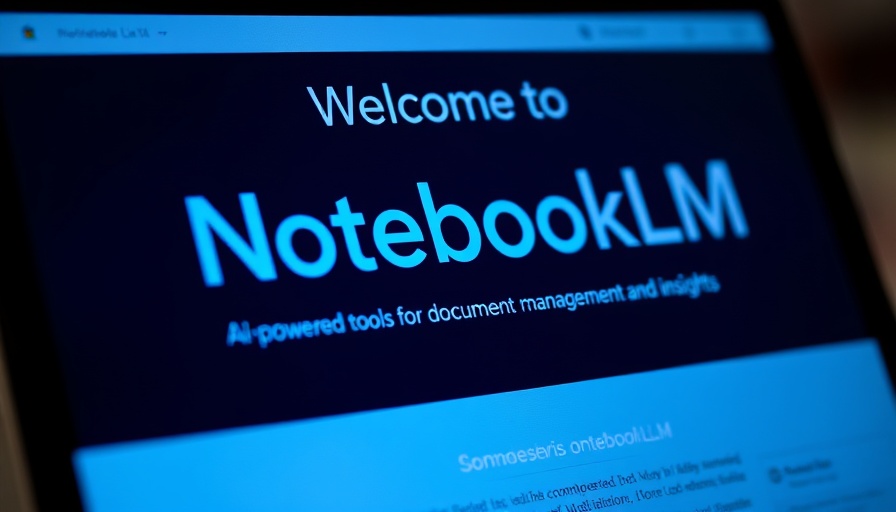
AI-Powered Characters: A New Era for Gaming?
The gaming industry is on the brink of a revolutionary change as Sony experiments with AI-driven characters in its PlayStation lineup, taking a significant step forward in video game technology. The recent testing of an AI-powered version of Aloy from Horizon Zero Dawn underscores this innovation. The project, orchestrated by Sharwin Raghoebardajal, a director of software engineering at Sony Interactive Entertainment, showcases a blend of state-of-the-art technologies like OpenAI’s Whisper for speech, GPT-4 and Llama 3 for intelligent responses, and Sony's proprietary voice synthesis techniques. What does this mean for the future of interactive entertainment?
The Prototype Unveiled: What We Learned
While the video demonstrating AI-Aloy was abruptly pulled due to copyright disputes, it provided a tantalizing glimpse of the potential for player interaction. In the demo, players could converse with Aloy about her post-apocalyptic struggles, and even specific Horizon lore came to life through AI-enhanced voice and facial animations. This level of engagement marks a notable shift from static gameplay mechanics to dynamic interactions that can enhance immersion.
Comparative Insights: Who Else is Innovating?
Sony is not alone in this venture. Other tech giants, such as NVIDIA and Microsoft, are also developing AI-powered NPCs (non-playable characters) that can hold meaningful conversations with players. NVIDIA's recent demonstration of its AI model highlights how generative AI can create responsive game characters, while Microsoft has introduced Muse, aimed at aiding gameplay ideation through AI features. The clearer trend indicates that AI could soon redefine how we experience storytelling within games.
Ethical Considerations: AI's Influence on Game Development
However, alongside these technological advancements come ethical considerations that cannot be ignored. With AI's potential to impact voice acting and creative decisions, developers have expressed concerns over job displacement within the industry. A recent Game Developers Conference survey revealed that nearly half of participating game studios are currently employing generative AI tools, raising the question: how will these tools reshape the creative landscape of game development?
Future Predictions: What Lies Ahead for AI in Gaming
Looking ahead, AI-integrated gaming offers both excitement and uncertainty. If Sony’s prototype is any indication, expect character interactions to grow more sophisticated, potentially allowing players to engage in more personalized narratives. This trend could lead to the birth of a new genre of games centered around adaptive storytelling, where responses vary not just by choice but by rich, AI-generated conversations.
Practical Insights: How Businesses Can Prepare for This Shift
For business leaders and professionals engaged in tech or marketing, understanding the implications of AI in gaming is crucial. The advancements in AI technology present significant opportunities for brands to leverage interactive engagement strategies. Businesses should consider how these innovations might impact their target market, as well as how they may need to adapt their marketing and customer engagement strategies accordingly.
Summary: The Changing Landscape of Gamification
In summary, as Sony tests AI-driven characters, the implications reverberate across marketing and technology sectors alike. Understanding and adapting to these changes could place companies at the forefront of transformative consumer experiences. Ignoring these trends could mean missing out on significant opportunities within the rapidly evolving digital landscape.
For professionals in tech and marketing, being proactive in understanding these trends is vital to stay ahead of the curve. Engage with the conversation, explore potential integrations of AI in your business, and adapt your strategies to the shifting sands of technology.
 Add Row
Add Row  Add
Add 




 Add Row
Add Row  Add
Add 

Write A Comment